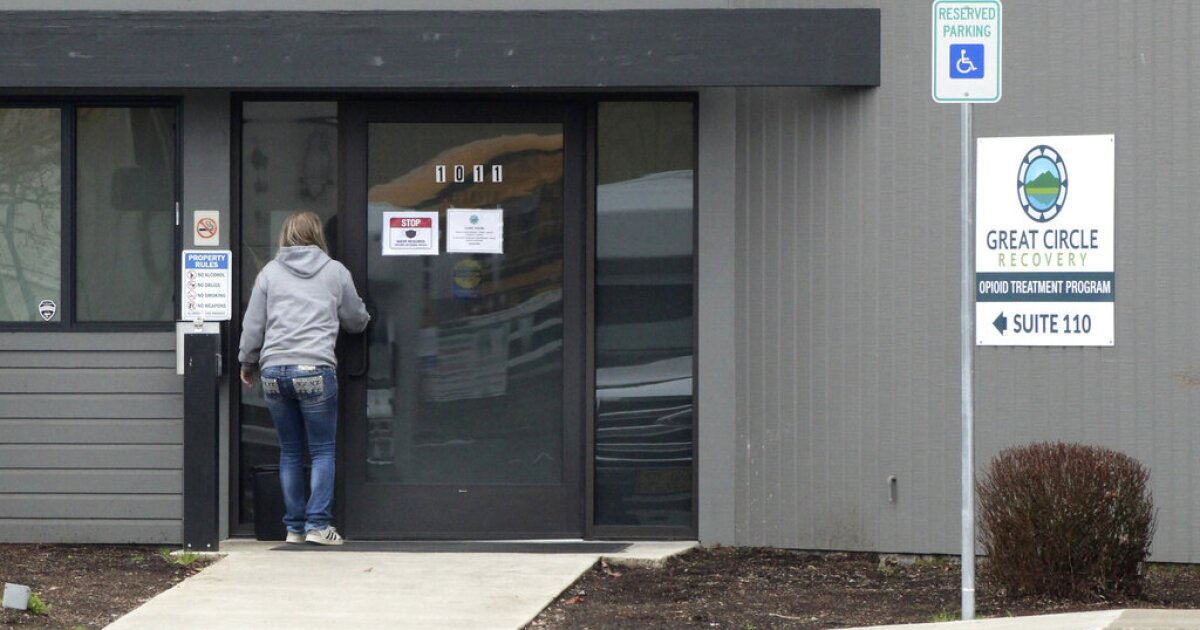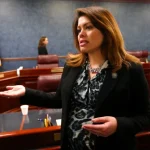

Oregon state officials are admitting that a 2020 ballot measure to decriminalize drugs has failed as overdoses skyrocket and appropriated funds remain unspent.
Testimony before the House Committee on Behavior Health on Thursday painted a grim picture of Oregon’s efforts to encourage self-help in lieu of incarceration
.
“When the voters of Oregon passed Measure 110, we did so because it was a change of policy in Oregon to improve the lives of people, to improve our communities,” Secretary of State Shemia Fagan testified. “And in the years since, we haven’t seen that play out. Instead … we’ve seen the problem with drug addiction get worse.”
Republican state Rep. Lily Morgan said her community had seen a 700% increase in overdoses and a 120% increase in deaths.
“Director, you’ve mentioned a couple of times that you’re waiting to see — and yet we have overdoses increasing at drastic rates,” she said, according to the
Daily Mail
.
Oregon’s behavioral health director, Steve Allen, defended the project as having potential but still said it was an experiment.
SEATTLE ACTIVIST CREATES ANTI-CRIME TOOL LOVED BY RIGHT AND LEFT
“We were just underresourced to be able to support this effort, underestimated the work that was involved in supporting something that looked like this, and partly, we didn’t fully understand it until we were in the middle of it,” he said.
Ballot Measure 110 went into effect in February 2021. People with small amounts of heroin, methamphetamine, cocaine, or other drugs received a ticket with a $100 fine that was waived if they called a hotline for treatment.
But only 91 of 1,885 people ticketed called the hotline. Allen admitted he needed more staff because he underestimated the amount of work needed to make the program succeed. So far, only 13% of the $300 million budget has been spent.
Other state officials who attended the hearing defended the program and said the challenges could be overcome with a more focused effort.
CLICK HERE TO READ MORE FROM THE WASHINGTON EXAMINER
Oregon has the worst drug addiction rate in the country, with 9% of the public admitting they were addicts and 12% labeling themselves alcoholics, according to the National Survey on Drug Use and Health.






